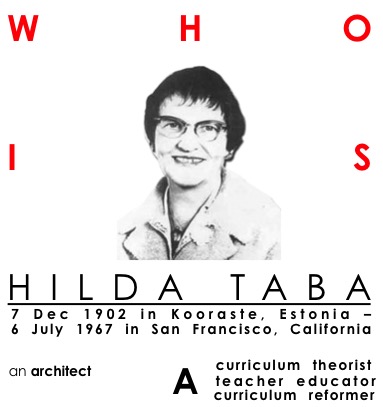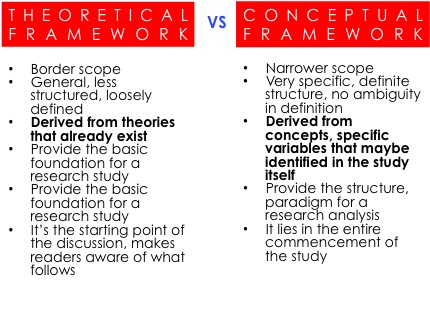CURRICULUM : Curriculum Development can be defined as the systematic planning of what is taught and learned in schools as reflected in courses of study and school programs.
Grundy(1987) defines curriculum as a programme of activities (by teachers and pupil) designed so that pupil will attain so far as possible certain educational and other schooling ends or activities.
A model is a format for curriculum design developed to meet unique needs, contexts, and/or purposes. In order to address these goals, curriculum developers design, rearrange one or more key curriculum components.

Hilda Taba was born in a small village in southeastern Estonia at a time when the country was in transition politically. Taba was introduced to Progressive education ideas at Tartu University by her philosophy professor in the period following the Russian Revolution, when John Dewey’s ideas about democracy and education were celebrated in Russia and eastern Europe.
TABA :




In short, Taba advocated for a flexible model of curriculum renewal based on joint efforts of practicing teachers, educational administrators and researchers. Her curriculum model covers many of the critical topics, from aims and goals of education, the selection of the content, the process of organizing learning and school development, and evaluation at different levels.
The 10 Most Inspirational Teachers in Film
Source :
http://education.stateuniversity.com/pages/2474/Taba-Hilda-1902-1967.html
http://mrbeasleysaigsite.weebly.com/tabas-concept-development-model.html
http://www.vkmaheshwari.com/WP/?p=1861
credit :
Sohail Ahmad & Feroz khan (Class B.Ed Hons) 5th Semester – slideshare
Subject Curriculum Development ; Date 29 April 2014

 All source:
All source:
